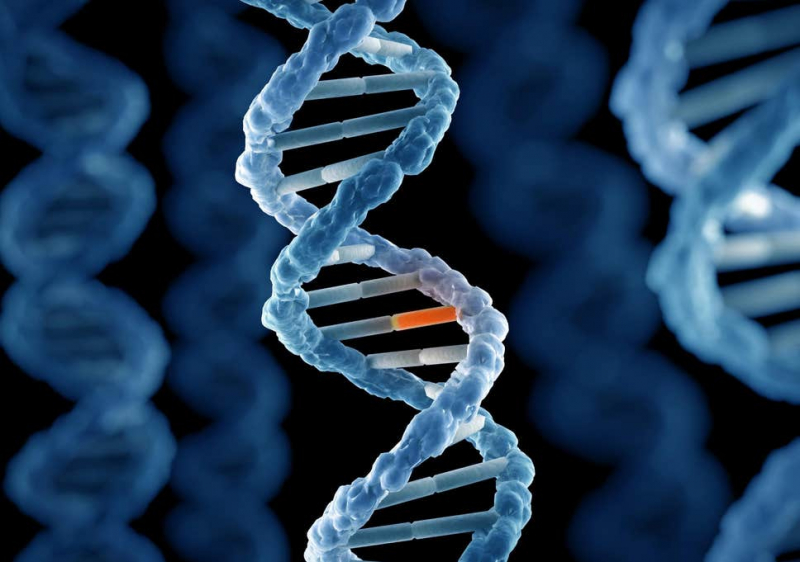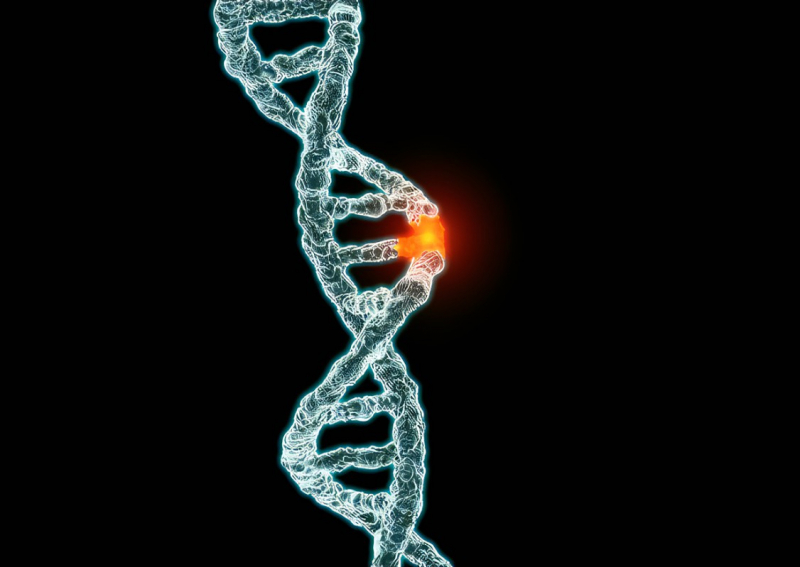All mutations are harmful
Without a doubt! The majority of DNA mutations are single nucleotide changes that do not harm the individual and occur in our DNA sequence. According to recent studies, each of us inherits roughly 60 additional mutations that our parents did not have (Conrad et al., 2011). Some of the.1% difference between the genomes of two people can be attributed to these mutations. Some mutations take place in regions that do not code for genes, so the affected person remains unchanged. When mutations do arise in a gene, the protein the gene codes for might not be significantly altered. The mutation will probably go unnoticed.
Even advantageous mutations can benefit an individual. For instance, a mutation could produce a gene that confers illness resistance. In this situation, the gene will eventually be "selected for" in a population. Population members that have the mutation will live and pass it on to their progeny. We can adapt to changing environmental conditions thanks to mutations. CCR5, a gene that codes for a protein present on the surface of specific immune system cells, is an illustration of a "good" mutation. When the HIV virus enters a host cell, it binds to CCR5, which, if untreated, eventually results in AIDS.
However, a deletion in the CCR5 gene is present in about 10% of people of European ancestry (Martinson et al., 1997). This mutation prevents the HIV virus from correctly attaching to a host cell, delaying the entry of HIV into the cell and lowering the likelihood of an individual contracting AIDS.












